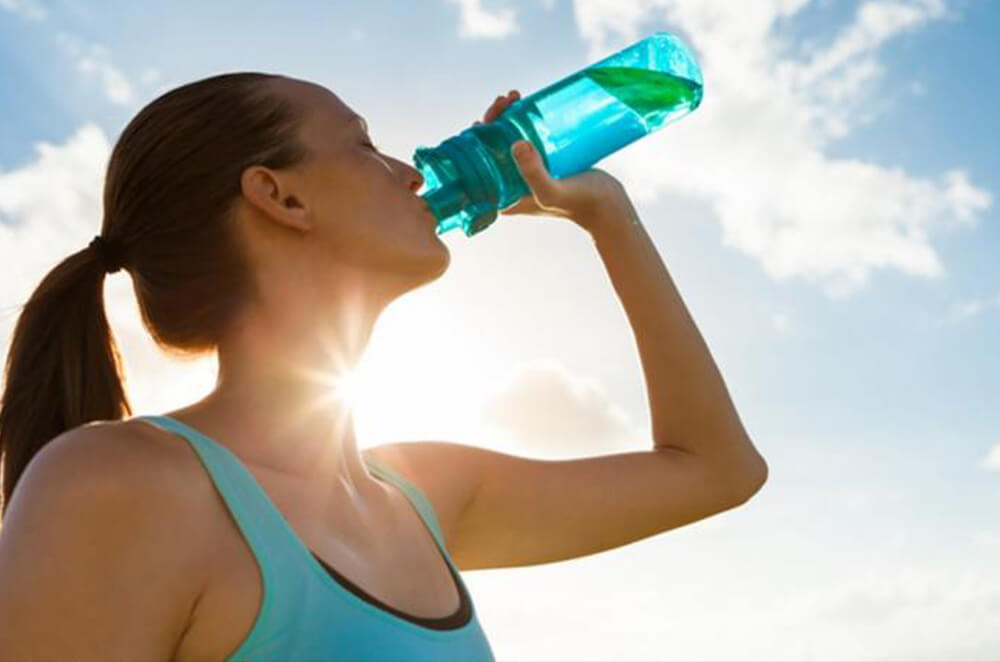
Extreme heat consequences and hydration tips
Fecha: 15/08/2023
In Greece, Portugal and Canada wildfires are already causing destruction, as has happened every summer in recent years in many parts of the world. In London, a soldier passed out from heat stroke in front of Buckingham Palace as temperatures hit record highs throughout June. In Phoenix, Arizona, a child stepped out onto scorching asphalt and burned his bare feet.
Heat is the No. 1 weather-related killer, its toll surpassing fatalities from flooding, drought, fires, hurricanes and tornadoes. High temperatures can cause burns, heatstroke (with headaches, nausea, vomiting and, in some cases, death), respiratory and heart problems, rashes and severe dehydration.
In spite of repeated warnings from scientists about global warming, the planet’s temperature continues to rise –and weather patterns have become more erratic. Anthony Leiserowitz of Yale’s Program on Climate Change Communication compares it to a roller coaster, and warns it will only get worse.
Meanwhile, our societies are not prepared for the public health consequences of extreme heat. From improved urban planning, to sustainable climate policies and access to cooling centers, there is much to be done to protect the most vulnerable.
Children and older adults are the most at risk during heat waves. Children feel the effects of dehydration (like fatigue, dizziness and headaches) more acutely, while in older people the opposite is true: our sense of thirst decreases with age, so they might not notice they are dehydrated until it is too late.
Tips for staying hydrated at any age
Although it is common to think we all need 8 glasses of water a day to stay hydrated, this popular idea is contradicted by doctors and specialists who warn that liquid requirements can vary from person to person.
In any case, drinking water is not the only way to stay hydrated. Many fruits and vegetables are excellent sources of liquid, as well as being high in fiber. Watermelon and melon are great options, and so are strawberries, oranges and grapes. When it comes to vegetables, celery and cucumber also contain plenty of water. Other liquids aside from water, like milk, juice and tea, help us stay hydrated too. Experts also recommend sorbets as a way to give the body the liquid it needs.
Aside from staying hydrated, during extremely hot days it’s important to avoid going out into the sun, take refuge in well ventilated or air conditioned places, and check in with neighbors, family and friends who might be at higher risk.
